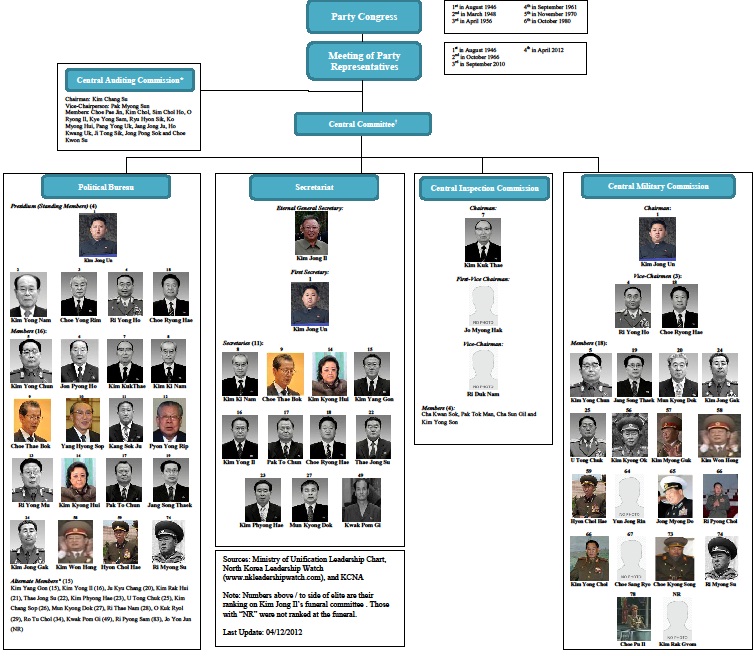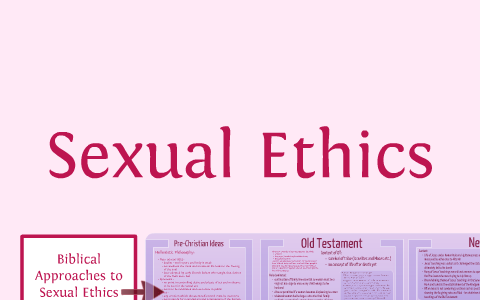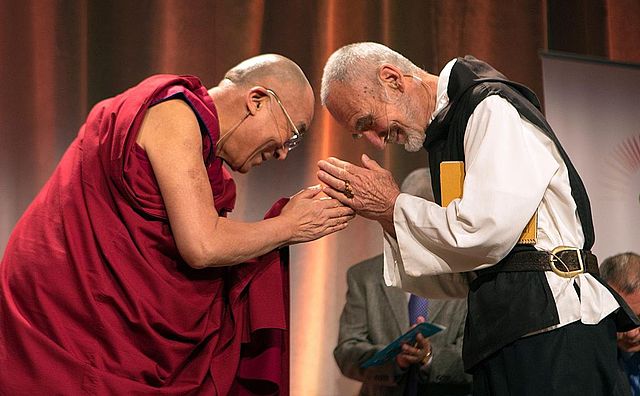A prior post talked about the genuine cost of the upcoming NSW ban on greyhound racing. This got me thinking about public discussion of what job someone’s “entitled” to. Usually I’ve seen opinions about this fall closely towards one of these 3 (arranged from most to least utopian):
- You are entitled to the livelihood you want
- You are entitled to a livelihood
- You are entitled to the pursuit of livelihood
I’m firmly with #2 but to explain why it’s easiest to first look at both ends of the spectrum:
You are entitled to the pursuit of livelihood
This one’s the libertarianistest of them all. Society should kindly allow you to grovel to anyone who will exchange your time for food. Marx eat your heart out. Maybe if you’re lucky this will be talked about in the context of a “level playing field”. Mind you, what country has anything close to a level playing field for the labour market? Now in many countries this is the most that economy/government can ensure. If so I guess that’s all you can get. But it’s not an ideal; it’s Hunger Games.
You are entitled to the livelihood you want
At the utopian end of the spectrum I also think it’s not that noble a goal. Firstly as per greyhound racing, some industries just ethically shouldn’t exist. You might have a different list to me but I bet you have a list. And it makes no sense to say that people are entitled to a livelihood in one of those industries.

Other industries might be great but have trouble providing people with livelihoods in current market capitalism. There I think we need to be a bit nuanced. For example take the 2009 US car industry bailout. The industry was going to fold because a lot less people wanted to buy its cars. The bailout worked. The industry’s repaid its loans now that it’s profitable again. I guess the Obama administration’s conditions imposed as part of the bailout made good management sense.
But let’s say the industry was in trouble despite good management, because people just didn’t want its cars. I don’t think it makes sense to bail it out then. Part of it’s my value judgment: I think domestic car manufacturing doesn’t have enough intrinsic value to a society that we should keep it alive through subsidies. Of course there would still be the huge downside of an industry collapse but the bailout money would have been better spent investing in industries that can provide a more sustainable livelihood. Based on that I don’t think anyone’s entitled to a manufacturing job in the US car industry.
There are industries with huge intrinsic value to a society that have never really been able to survive without subsidies (eg. the arts). But even here, I think it’s the public that’s entitled to a rich cultural life, not any particular artist being entitled to earn a living from their art. It’s a bit like the distinction between being censored and being unable to find a platform for your views (maybe because they’re super-gross). You’re probably entitled not to be shut down by the government for what you say but you’re not entitled to an audience, or for your ideas not to be criticised. In the same way, you can’t be entitled to an audience-based livelihood from your art, but you would be entitled to participate in a funding process that enriches your community with the cultural life they’re entitled to. The only alternative would be to decouple livelihood from career entirely (spoiler alert for bottom of this post).
You are entitled to a livelihood [but not necessarily a particular livelihood]
I think the above suggests this is the best compromise. You’re entitled to a living wage in an ethical industry in that this is something the economy/government should strive to provide. But there need to be some value judgements made on your choice of livelihood. This means there are jobs through which you wouldn’t be entitled to make a living, although you should still be free to pursue them. We can do this without getting to a North Korean system of job allocation.

There is a fourth option that’s not much talked about, yet.
You are entitled your basic needs — with or without a job
A universal basic income would solve a lot of these issues. If you’re automatically entitled to what you need to at least survive, that takes a lot of the sting out of interacting with a market system, value judgements about industries etc. It would decouple work from livelihood altogether and mean that failure to (say) find an audience doesn’t lead to failure to eat. Which I reckon is a good thing.
I’d encourage you to read more about the latest exciting developments in basic income research. Of course this would transform our world a lot more radically than the other three. But it’s the only choice that lets say no to the question the other 3 implicitly say yes to: “Should a job exist if it can only convince people to take it with a threat of starvation?”





0 Comments